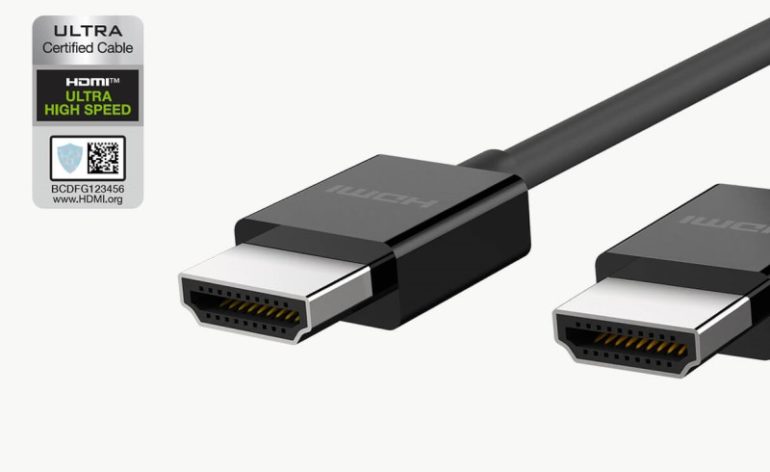Do You Need to Turn Off Your Devices Before Unplugging Your HDMI Cable?
The young kids these days just unplug and plug in cables willy-nilly. I remember a time (way in the past when the year started with a 19) when that was grounds for termination. Unplugging a cable (even an HDMI one) without turning off your devices could and did create damage. You could find your brand-new AV receiver or TV with an unresponsive HDMI port. Many will claim that this isn’t a problem any longer. But you have your doubts. What is the truth?
Technology Has Improved
When HDMI was first released, not all the HDMI boards were properly protected. Snatching an HDMI cable out of a device could fry the port, the chip, or even the entire board. With modern equipment and HDMI boards, this is rarely a problem. The only times we’ve heard of issues recently are with off-brand devices that may not have newer or correctly protected boards. If you’ve bought your equipment recently from known manufacturers, you should have no problem. No need to unplug your devices or anything like that. Hotswap away. However…
That Doesn’t Mean You Shouldn’t Be Careful
An HDMI cable is very complex. There are a lot of wires inside your HDMI cables (19 pairs to be exact). The connector, as you should already know, can only be inserted in one orientation. The cables tend to be heavy and rigid and the connector is held in place in the port by friction. All this adds up to a wire that is fairly easy to damage with careless use and a connection that can be worn out.
When unplugging an HDMI cable you don’t have to turn off your device, but you should be sure to pull directly perpendicular to the port. If you pull at an angle, you risk damaging the cable where it meets the connector. You also risk damaging the port. A damaged port might not have enough friction to hold the cable in place, or you could damage the port’s connection. Of course, always hold the connector, not the cable. This will ensure you don’t put undue stress on the cable.
The Non-Zero Chance of Damage
We said a lot about physical damage, but you are still worried about having your devices on when unplugging your HDMI cable. We get it. Certainly, there is no harm in turning everything off. The one actual concern you might have is not from the power from the wall, but from your own body. If you have built up a static charge, you could (theoretically) pass that charge down the cable and into your device when you unplug the HDMI. This could fry something in your device. In theory. While we call this a non-zero chance of damage, it is highly unlikely. Most cables have shielding and grounding protections for just this freak occurrence. The solution, as above, is to buy well-respected brands and be careful when unplugging your cables.



Thank you for this writeup, my branded TV HDMI1 port doesn’t behave normal anymore, nearly a third of the time, it detects signal only after switching to another port then back.
I am very careful plugging and unplugging HDMI, and am convinced HDMIs still vulnerable. Scares me using HDMI out on my laptop.